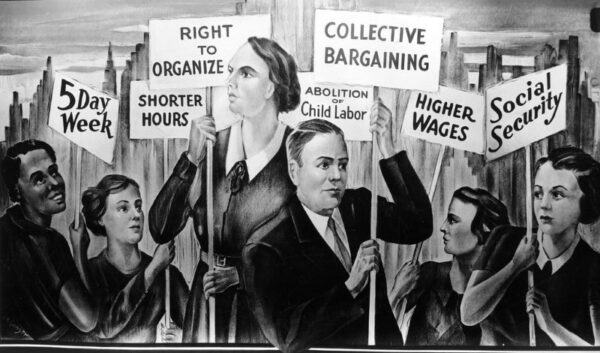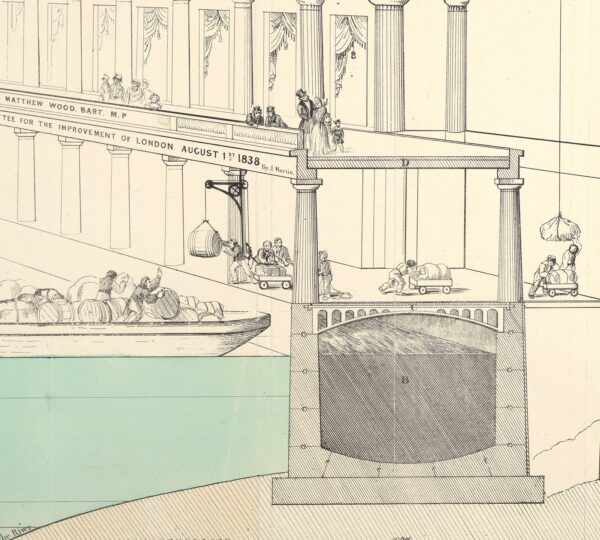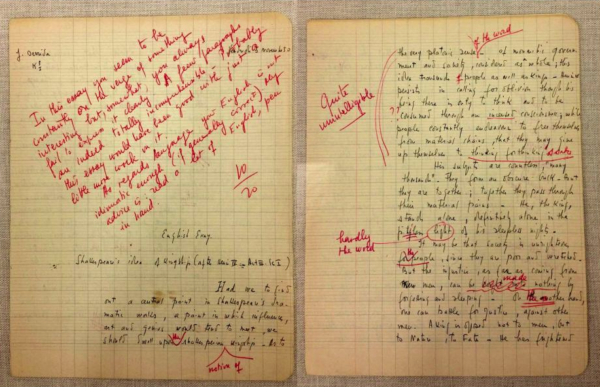Issue #52: Missing New Orleans: Twenty Years Since Hurricane Katrina (Part Two)

This double issue invites readers to come to terms with how New Orleans has been remade in the interests of the investor class—a shifting constellation of local and national corporations, developers, government officials, think tanks, and pundits—even as they’ve leveraged authenticity and nostalgia to placate dissent, and how the battle for a more just city is yet to be won or even waged in any sustained way. As a collection of essays, written in response to recovery efforts over the last two decades, When the Investor Class Goes Marching In is addressed explicitly to questions of political economy, describing how a recovery project driven by propertied interests has fostered an extreme housing affordability crisis, and makes the case for why decommodification of housing should be the centerpiece of popular left politics in the Crescent City and beyond.
Issue #51: Missing New Orleans: Twenty Years Since Hurricane Katrina (Part One)

This double issue invites readers to come to terms with how New Orleans has been remade in the interests of the investor class—a shifting constellation of local and national corporations, developers, government officials, think tanks, and pundits—even as they’ve leveraged authenticity and nostalgia to placate dissent, and how the battle for a more just city is yet to be won or even waged in any sustained way. As a collection of essays, written in response to recovery efforts over the last two decades, When the Investor Class Goes Marching In is addressed explicitly to questions of political economy, describing how a recovery project driven by propertied interests has fostered an extreme housing affordability crisis, and makes the case for why decommodification of housing should be the centerpiece of popular left politics in the Crescent City and beyond.
Issue #50: When Compromises Come Home to Roost

In this issue, Adolph Reed looks at a range of mid-century compromises that reshaped the nature of American politics; Touré Reed addresses the question of racial resentment in contemporary politics; José Arellano shows how the film Ex Machina figures the convergence of neoliberal economics and aesthetics; Pawel Kaczmarksi clarifies the role of Marxist notions of base and superstructure through a critique of Vivek Chibber’s writings; and Stephen Schryer critiques ecocritical readings of Richard Powers’s The Overstory as missing the point of the book’s critique of capital.
Issue #49: Portraits of Divided Light: In Memory of Joseph Marioni (1943-2024)

In memory of the radical ambition and extraordinary achievement of the painter Joseph Marioni, this issue brings together four contributions in four different forms: poems by Michael Fried, photographs by James Welling, a film by Joe De Francesco, and an essay by Joseph Staten.
Issue #48: American Finance, the Global Market for Art, and the Need for Speed

This issue is structured around contemporary political and aesthetic debates focused on three books: The Fall and Rise of American Finance: From JP Morgan to BlackRock by Stephen Maher and Scott Aquanno; The Global Rules of Art: The Emergence and Divisions of a Cultural World Economy by Larissa Buchholz; and Anna Kornbluh’s Immediacy, or The Style of Too Late Capitalism. Included here are a range of responses to these books in the hope of generating more discussion around finance capital, the global art world, and the accelerated rate of consumption under capital. Also featured is an essay by novelist Sunjeev Sahota on class politics and publishing.
Issue #47: The New Deal & Its Legacies

In this issue we draw upon historical, political, and artistic reflections on the New Deal era in ways that both offer a richer understanding of that historical moment and provide a fuller basis for reflecting on our current crossroads in American life. Standing at another moment of crisis, facing once again economic hardship and political division, the importance of this historically themed discussion is palpable.
Issue #46: The Nineteenth Century (Part Four)

In this issue, part of an ongoing series co-edited by Bridget Alsdorf and Marnin Young, we feature new scholarship on nineteenth-century European art, including Michael Fried on Géricault, Balzac, and “the limit case of absorption”; Laura Kalba on Rossetti, Ruskin, and political economy; Claire Moran on Morisot and the plein-air interior; Stephanie O’Rourke on John Martin and infrastructure; and Harmon Siegel on subjectivity and style. Also featured is the first English-language version of Fritz Novotny’s essay “Das Problem des Menschen Cézanne im Verhältnis zu seiner Kunst” (1932), translated by Carmen Rosenberg-Miller as “The Problem of Cézanne the Person in Relation to His Art.”
Issue #45: Derrida’s “Signature Event Context”: The Next Fifty Years?

“Signature Event Context” has proved to be Derrida’s most enduring essay. New fields have been founded on its basis, and it is his only work to address at length a text by a philosopher not from the Continental tradition. Occasioned by the passing of “Signature’s” fiftieth anniversary, the present issue, edited by Joshua Kates, includes essays from scholars with a range of sympathies to Derrida’s project. Their articles focus less on purely scholarly concerns and instead on the truth about questions raised by Derrida’s essay: of textual identity, the role of intention and citation, the status of fictional and historical discourses, and the work of interpretation. A series of interchanges between Walter Benn Michaels, Henry Staten, and Joshua Kates, commenting on Michaels’s essay, are also included, which pursue further this attempt to get at the things themselves.
Issue #44: Toward a Critique of Possibilism

In this issue we feature a series of interlocking essays on the self-imposed limitations on political thinking by Sam Gindin, Mike Macnair, Adolph Reed with an introduction by John-Baptiste Oduor. In addition is a feature on the Shards by Willard Boepple with an essay by Michael Fried as well as two essays on problems in contemporary art theory by Ian Verstegen—on aesthetic ideologies of “vibrant matter”—and Diarmuid Costello on Thierry de Duve’s account of Kant.
Issue #43: Architecture and Politics at Mid-Century

Essays on race and labor, then and now, by Adolph Reed, Thomas J. Mann and Oliver Cox as well as a series of ongoing studies of Modern Architecture in California by Alex Ross, Christopher Long and Pierluigi Serraino.
